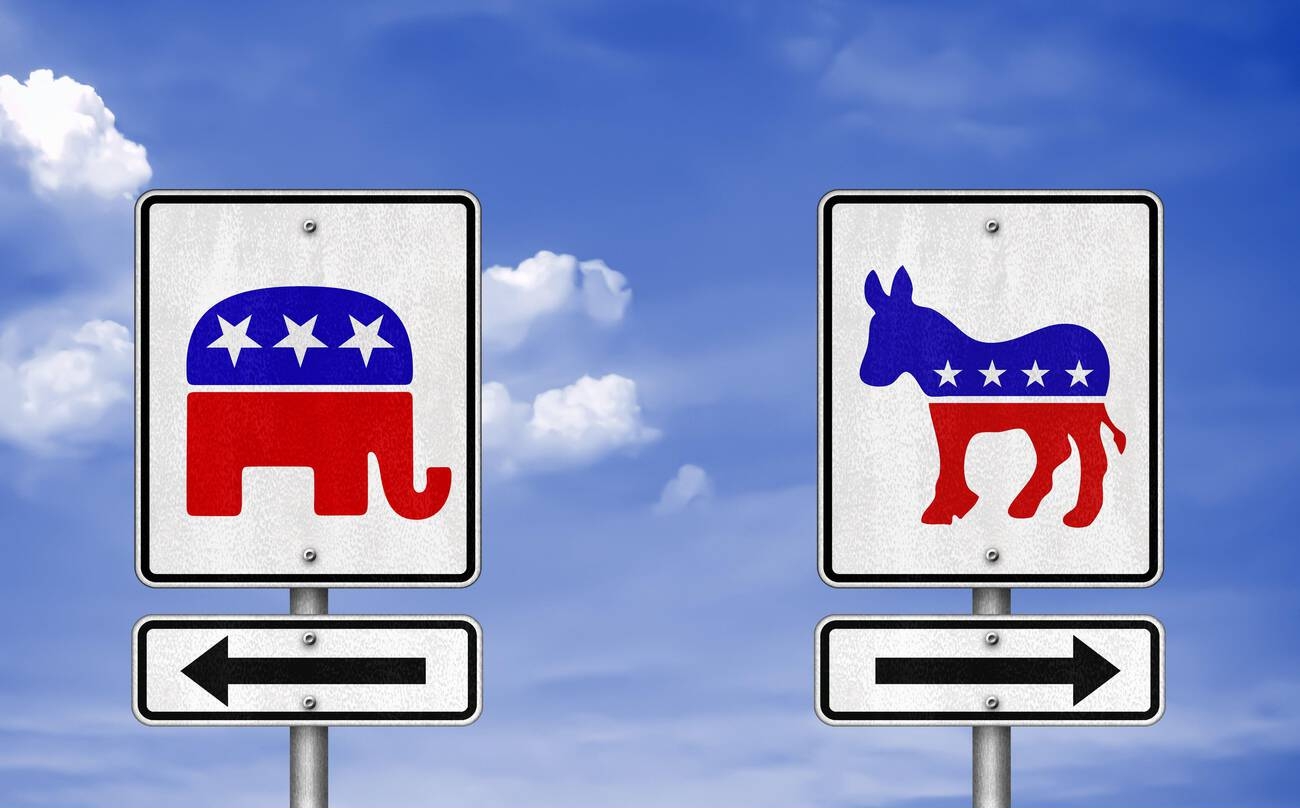Imagine a political landscape where fresh ideas flourish, where the voices of underrepresented groups are amplified, and where alternative perspectives challenge the status quo. This is the world that third-party candidates in U.S. elections strive to create. They inject vitality into our stable two-party system, pushing for change and demanding attention to important social and political issues. While winning may be an uphill battle, their presence is crucial in shaping our political agenda, fostering diversity, and providing choice to the electorate.
Historical Impact of Third-Party Candidates
Third-party candidates have historically promoted important social and political issues that the major parties may not address. Their historical impact on elections cannot be underestimated. These candidates face numerous electoral challenges, such as limited access to debates and ballot restrictions. However, despite these obstacles, they have managed to influence policies and platforms of the major parties. The democratic significance of third-party candidates lies in their potential to bring fresh ideas and perspectives into the political arena. They provide alternative choices for voters and contribute to the vibrancy of American democracy. While winning may be difficult for outsider candidates due to the winner-take-all formula in the Electoral College, their presence alone can shape the political agenda and force major parties to address issues they might otherwise ignore.
Challenges Faced by Third-Party Candidates
Facing numerous difficulties, you must navigate ballot access restrictions, limited financial resources, and the challenge of qualifying for presidential debates as a third-party candidate. Ballot access restrictions make it difficult for third-party candidates to appear on the ballot in all 50 states. Limited financial resources further hinder their ability to campaign effectively and reach voters. Qualifying for presidential debates is another significant hurdle as candidates need to gain 15 percent support in polls. The exclusion from debates limits their visibility and makes it challenging to attract support from voters who perceive them as having a lower chance of winning. Additionally, there is the spoiler effect, where third-party candidates can divide the vote and potentially impact the outcome of an election. Despite these challenges, third-party candidates play a crucial role in injecting new ideas into politics and promoting important issues that may be overlooked by major parties.
| Challenges Faced by Third-Party Candidates |
|---|
| Ballot access restrictions |
| Limited financial resources |
| Challenge of qualifying for debates |
Influence on the Political System
As a voter, you can recognize the influence of alternative political options on the overall system. Third-party candidates have a significant impact on the political system, shaping policies and platforms in unique ways. Their presence challenges the dominance of the two major parties, providing alternative perspectives that promote diversity in politics. Third parties also give voice to marginalized groups who may otherwise feel unheard. Additionally, their campaigns raise awareness about important issues that might not be addressed by the major parties. By injecting new ideas into the political arena, third-party candidates contribute to the vibrancy and dynamism of American democracy. While it may be unlikely for a third-party candidate to win the presidency due to factors such as Electoral College influence, their role in influencing policies and promoting alternative perspectives cannot be underestimated.
Significance in American Democracy
You can understand the significance of alternative political options in American democracy by recognizing their ability to promote diversity, raise awareness about important issues, and give a voice to marginalized groups. Third-party candidates play a crucial role in shaping the political agenda and challenging the dominance of the two major parties. They add diversity and choice to the electoral process, providing alternative perspectives and policy proposals. Their campaigns raise awareness about important issues that may be overlooked by the major parties. Additionally, they give a voice to marginalized or underrepresented groups who often feel unheard within the traditional political system. Despite facing challenges such as limited access to debates and ballot restrictions, third-party candidates continue to contribute to the vibrancy and dynamism of American democracy.
- Role and Impact: Third-party candidates shape the political agenda and challenge two-party dominance.
- Potential Candidates: Joe Manchin, No Labels organization, Jill Stein, Robert F. Kennedy Jr., Cornel West.
- Political System Challenges Faced: Limited debate access and ballot restrictions hinder third-party candidates.
- Significance in Democracy: Third-party candidates bring diversity, alternative perspectives, raise awareness on important issues, and give voice to marginalized groups.
Process and Challenges of Appearing on the Ballot
Gaining access to the presidential ballot can be a complex and challenging process for third-party and independent candidates. They face numerous access challenges, including debate exclusion, strict state requirements, signature collection, and the nomination process. State laws controlled by major parties make it difficult for independent candidates to gain ballot access. Additionally, limited access to presidential debates poses a significant hurdle for outsider candidates as they need to gain 15 percent support in polls to participate. This lack of exposure makes it challenging for them to attract support from voters. Overall, the process of appearing on the presidential ballot is not only demanding but also heavily influenced by established political structures that often work against third-party and independent candidates.
Difficulty of Winning for Outsider Candidates
Now that you understand the process and challenges of appearing on the ballot, let’s delve into the difficulty of winning for outsider candidates. As an outsider candidate, you often struggle to win elections due to various electoral challenges. Despite gaining significant popular vote, it doesn’t guarantee winning any Electoral College votes, which are allocated based on state results using a winner-take-all formula in most states. This means that even if you have a substantial following nationwide, your impact on the election outcome may be limited. However, it’s important to remember that as an independent or third-party candidate, you play a crucial role in shaping the political agenda and challenging the dominance of the two major parties. Your presence injects life into the stable two-party system and influences their platforms and policies.
Types of Third Parties
The Libertarian Party, founded in 1971, advocates for limited government and individual liberties. Alongside the Libertarian Party, there are other third party candidates that play a significant role in American politics. The Green Party focuses on environmentalism and social justice, while the Constitution Party promotes strict adherence to the US Constitution. The Reform Party emphasizes political and electoral reform. These third parties provide alternative options for voters and promote diversity in politics. Their ideas often challenge the dominance of the two major parties and contribute to the evolution of political platforms and policies. While it is difficult for third-party candidates to win elections, their presence injects life into the stable two-party system and shapes the political agenda. The influence of these third-party candidates cannot be underestimated as they bring fresh perspectives into our democracy.
Potential Third-Party Candidates in 2024
Joe Manchin, a centrist Democrat, is considering running as a third-party candidate for the presidency in 2024. This potential third-party bid reflects a growing trend of dissatisfaction with the two major parties and their candidates. Other notable figures exploring alternative paths include Jill Stein seeking the Green Party nomination, Robert F. Kennedy Jr.’s independent bid, and Cornel West’s decision to run as an independent. Additionally, the No Labels organization plans to place candidates on the ballot in all 50 states. These individuals represent a diverse range of political ideologies and could attract support from voters who are looking for alternatives outside of the traditional party structures. Their presence in the upcoming election has the potential to shake up the political landscape and challenge the dominance of the two major parties.
(124 words)




